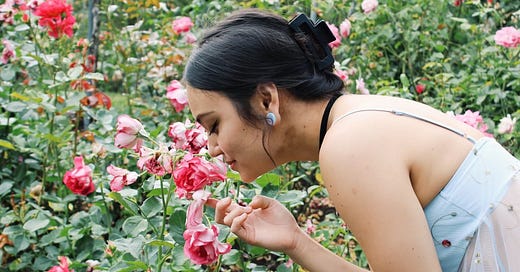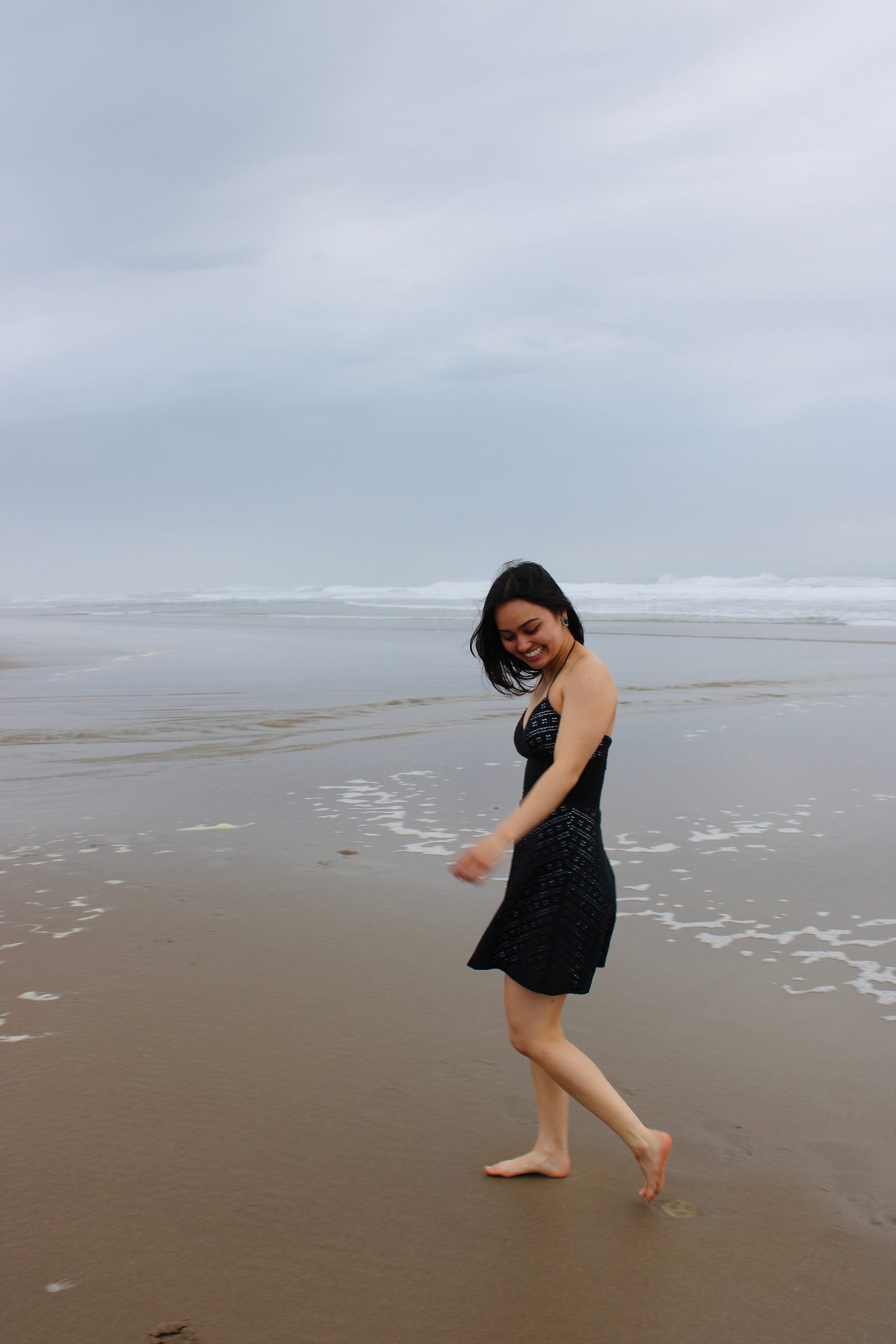Dear Sisters,
Sexuality has always been a fascinating thing to me because of its complexities and how vastly different it can look from person to person. People have labels to help describe these intricacies that don’t fall under the “standard,” which is straight or heterosexual. The most common sexualties you will come across are gay, lesbian, pansexual, and bisexual, which all fall under the umbrella term of just “queer.” If you aren’t straight and are discovering your sexuality, this blog is for you!
I’ve heard of people who just “don’t do labels” when it comes to their sexuality. While I totally get that, I also think labeling our sexualities can be used as a tool to help us understand ourselves and describe ourselves to others. Labels can be a way to build community with people who feel the same way you do. Imagine growing up straight and maintaining that label most of your life, but then begin developing attractions that don’t fall within that label. It can be very confusing and scary. It’s good to realize that you can explore those new feelings and attractions without solidifying a label for yourself. Sometimes figuring out your sexuality takes time, and that’s okay. There’s never a rush to learn about yourself. Some people might know they are gay when they are 8 years old. Some people might discover their same-sex attraction when they are in their 40’s. This journey looks different for everyone, and every experience is valid.
The important thing is, we know ourselves better than anyone else, and more than any label could ever describe. Labels exist to explain to the people around us who we are at that moment in time. Sexualities help tell other people what you want them to know. Labels should feel free, not restricting, like you’re stuck in a box. I’m sure you hear the term “sexuality is fluid” all the time, but I’m going to remind you that I firmly live by that rule! People might identify as one sexuality their whole life. People might change their sexuality several times. I’ve seen a lot of judgment online against people who come out as lesbian but later in life realize they might be bisexual. “You were never a lesbian then!” “Of course you were going to go back to men someday!” “You were just lesbian for attention!”
The anger and frustration towards these people just figuring themselves out devastates me. Your sexuality and attraction is always valid, even if it changes later on. People who are angry towards women who change their sexuality should instead direct their anger towards men not taking lesbian women’s sexuality seriously. Lots of men in their experiences are convinced they can “turn” a lesbian woman straight, or be that woman’s exception simply because he finds her attractive. I get that frustration completely, but these people are choosing to direct their anger towards queer women. I would argue they should be angry at those men who don’t respect boundaries. If a woman is identifying as lesbian, she doesn’t want to be approached by men sexually. If she later in life realizes she is actually bisexual, maybe she will open the doors to men. But the difference is, it’s on her terms.
Call this controversial, but I firmly believe that your label is about who you are, not about who you date. I know a lot of bisexual women who have only been with men, and they feel that they aren’t deserving of even calling themselves bisexual. The bisexual label isn’t a badge that’s rewarded to you like you’re in Eagle Scouts. There’s no experience required. Did you need to be with a man romantically or sexually to realize you were attracted to men? The same goes for women if you are attracted to them! My girlfriend who identified as bisexual for a few years, held on firmly to the label, despite knowing that she lost all romantic and sexual attraction to men and only wanted to be with women. I pressed her on why. She said she had such little experience with women as I was her first girlfriend that it felt wrong to call herself lesbian. After more conversations, she realized she is, in fact lesbian, and there’s nothing wrong with that. She is deserving of whatever label feels right to her. And if she ever realizes five years from now she is in fact bisexual, that’s okay too! Because sexuality can be fluid.
Again–labels aren’t about who you’re with, they are about who you are. As a queer woman I’ve felt inner turmoil about not fully fitting in with the box I’ve put myself in. Do I feel romantic attraction towards men? No, I don’t. But I’ve been with men here and there on lonely nights when I’ve craved touch and to be held (and quite frankly, it’s much harder to find queer women who aren’t 3,000 miles away), I’ve dabbled with men in group settings if they had a cute girlfriend. But…aren’t I not deserving of being a lesbian if I’m not absolutely repulsed by men sexually?
I thought that for years as I struggled with my identity. I’ve held onto this label for over a decade. I’ve learned of a new label called “bisexual homoromantic,” where you can be sexually attracted to both genders but romantically attracted to only the same gender. That label, being more specific than lesbian, has seemed to fit me perfectly but I felt that sometimes strangers I don’t know aren’t deserving of my personal, ever-so-specific label that they most likely will be like, “Huh? What’s that?” So I found using queer or lesbian as an easier label to describe to others, unless we’re really sitting down and talking deep about sexuality. Speaking of more specific labels, there’s also homosexual biromantic (which means you are romantically attracted to both genders, but only sexually attracted to the same gender). There’s so many variations when we start to get specific!
Thanks for letting me be vulnerable with you about the details behind my sexuality that I haven’t shared with a lot of people! I hope sharing my experience might help other people who might be struggling with knowing where they belong. You belong literally anywhere that feels like you. It doesn’t have to be a 100 percent match, because if that was the case, we would have 9 billion labels for each sexuality! Pick what’s right for you at that point in your life. Your sexuality will always be valid, whether you discover only one in the entirety of your existence, or if your sexuality evolves. We are constantly discovering ourselves and how we love, and that’s a beautiful thing that should be celebrated and not judged!
Sent from my iPhone,
Rena








Wonderful advice, Rena!
I know it's not the point (and I appreciate the point very much), but "Sent from my iPhone, Rena" sent me.